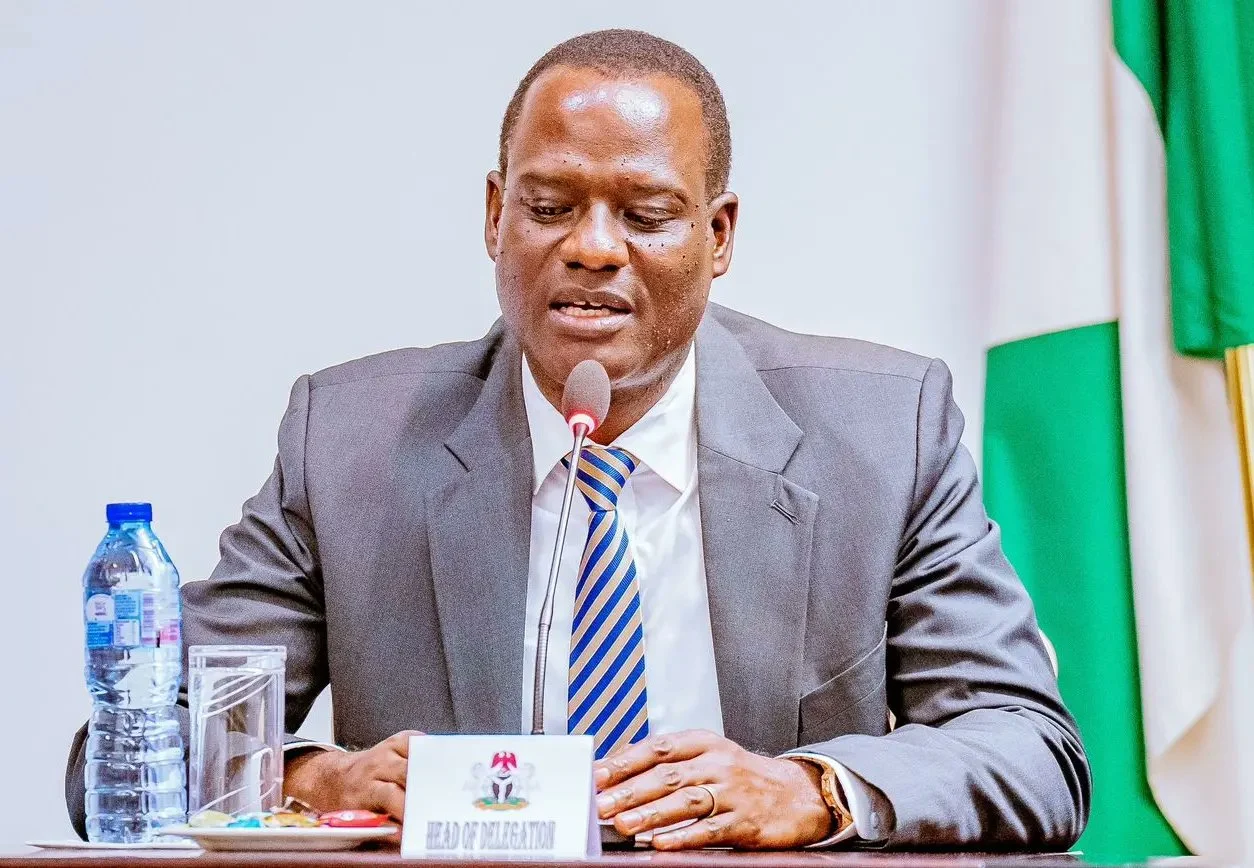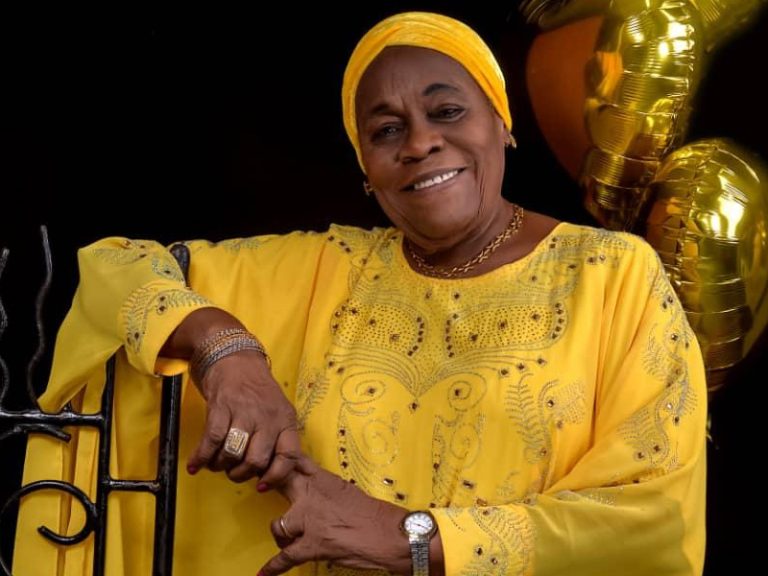
Nigeria has collected over ₦600 billion in Value Added Tax (VAT) from global digital service providers including Facebook, Netflix, and Amazon, following regulatory changes that brought these foreign companies into the country’s tax net.
The revelation was made by the Special Adviser on Tax Policy to the Chairman of the Presidential Fiscal Policy and Tax Reforms Committee, Mathew Osanekwu, during a workshop for journalists in Abuja on Wednesday.
According to Osanekwu, recent amendments to the VAT Act have empowered the Federal Inland Revenue Service (FIRS) to compel foreign digital service providers offering services within Nigeria to register and remit taxes.
“These are not Nigerian entities, but they are now paying VAT under Section 10 of the VAT Act. They are registered in Nigeria and are also appointed as agents of collection,” he said.
He stressed that the move aligns with global taxation trends, ensuring Nigeria benefits from digital services consumed locally even when the service providers operate from abroad.
Addressing public concerns about rising taxes, the Chairman of the Tax Reform Committee, Taiwo Oyedele, clarified that no new taxes have been introduced under President Bola Tinubu’s administration.
He explained that many levies generating debate, such as the controversial 5% fuel surcharge, have long existed under previous administrations.
“This president has not introduced a single new tax,” Oyedele stated. “In fact, in July 2023, just two months into office, he signed four executive orders suspending poorly timed taxes that were rushed in during the final days of the last government.”
Among the suspended levies were excise duties on plastic products and import taxes on vehicles, which were later repealed.
Oyedele also clarified misinformation around the Cybersecurity Levy, noting that it was enacted years ago and not initiated by the Tinubu administration.
Reforms Target Equity, Simplicity, and Growth
The tax reforms, set to take full effect in January 2026, aim to revamp Nigeria’s fragmented and inefficient tax system. With a tax-to-GDP ratio of just 10.8%, Nigeria lags behind the African average of 16% and the global benchmark of 30%.
Key features of the reforms include:
- Zero tax for individuals earning less than ₦800,000 per year
- 0% corporate tax for small businesses with revenues below ₦100 million
- Elimination of overlapping taxes and charges across federal, state, and local governments
- Linking taxes to specific public services and infrastructure
“This is the most progressive reform Nigeria has ever seen,” Oyedele said. “It protects the poor, eases the burden on the middle class, and ensures the wealthy contribute fairly.”
Offering insights into Nigeria’s dire fiscal state as of May 2023, Oyedele painted a sobering picture:
- Foreign reserves were heavily burdened by unpaid forward contracts
- Fuel subsidies were being funded through borrowed money backed by future crude production
- Only 200,000 barrels of crude were available for actual fiscal use due to pre-sales
“Our fiscal system was running on fumes. If these reforms hadn’t happened, we could’ve faced a total fuel import shutdown—like Sri Lanka,” Oyedele warned.
He urged Nigerians to judge the reforms not by short-term discomforts, but by the crisis they helped avert.
“People ask, ‘Is life better now?’ The real question is: Would life be better today if those reforms had not happened?”



